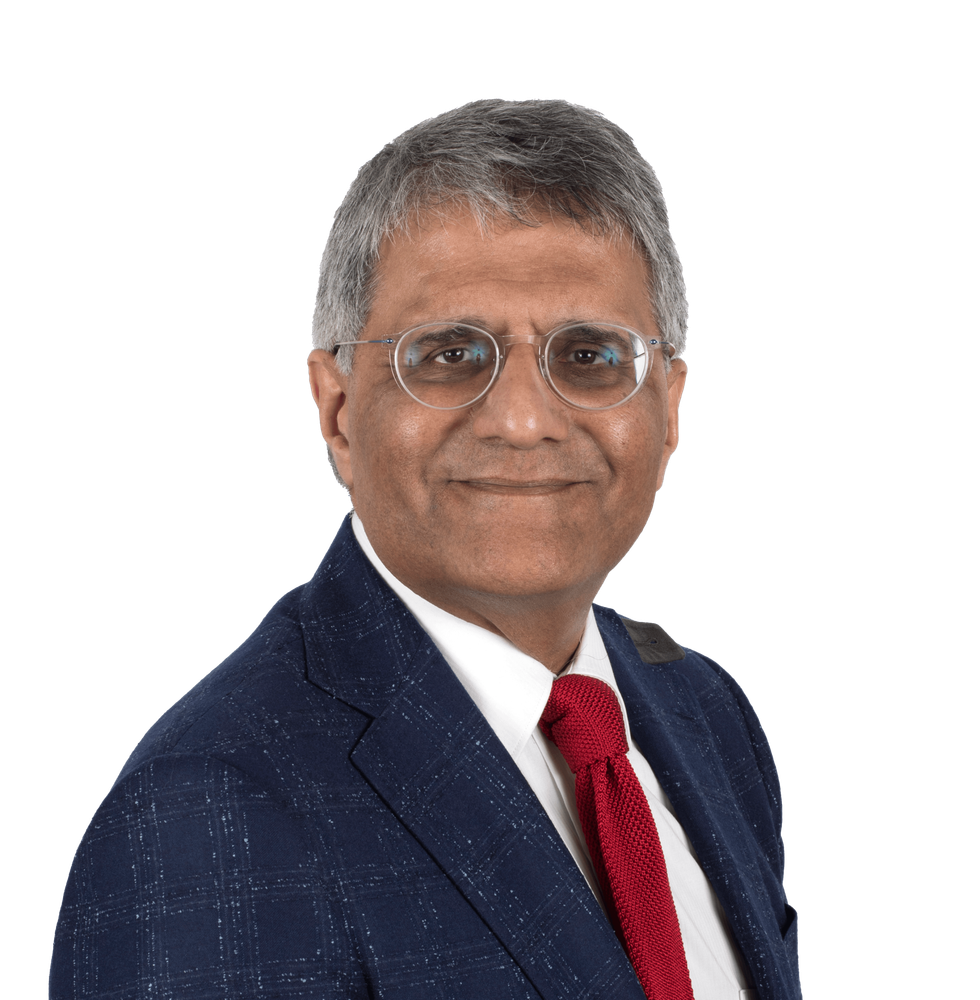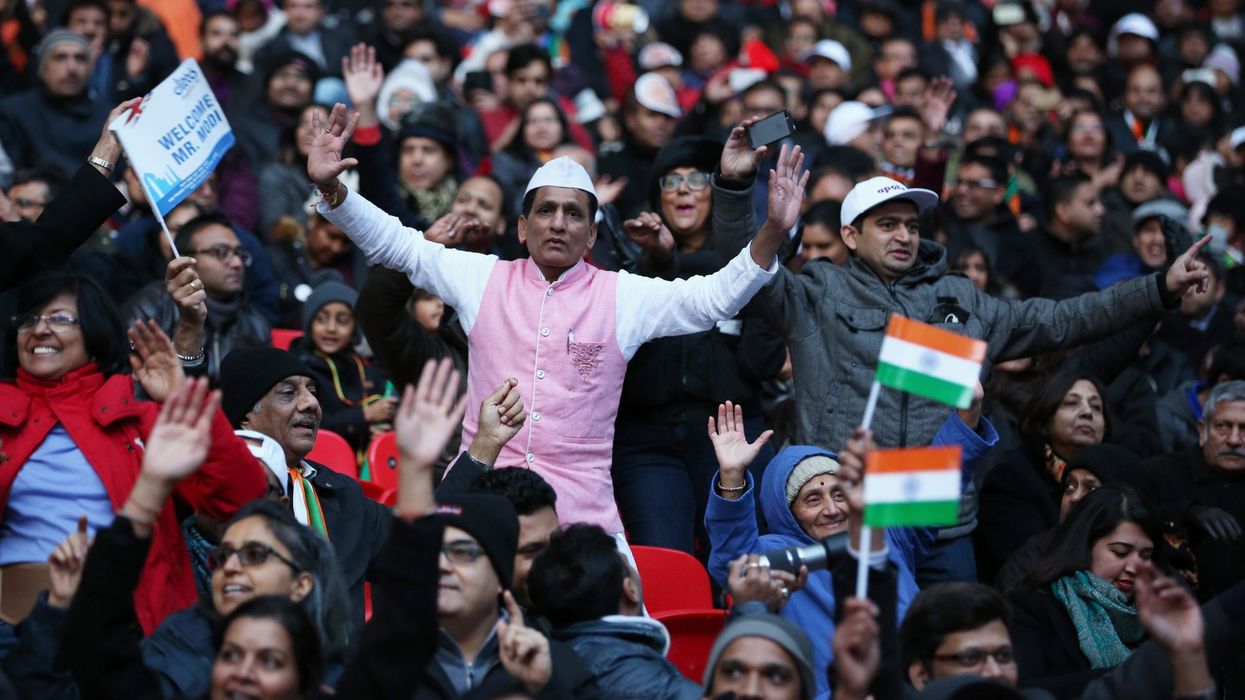TODAY, our society is more diverse than ever - particularly when it comes to religion.
The UK no longer has a majority religion, with the recent Census revealing the number of people identifying as Christian has fallen to below half of the population for the first time. The Census also showed that the number of those who identify as Hindu and Muslim has increased.
At the same time, the UK made history last year with the appointment of Rishi Sunak, the country’s first British Asian and Hindu prime minister. This was a truly historic moment and a key milestone for diversity.
However, a growth in religious diversity in the UK overall doesn’t necessarily correlate to an increase in inclusivity. We’re unfortunately still finding that people of many faiths do not feel they are able to express their beliefs openly at work.
It’s time to tackle the problem head-on. From listening to the experiences of employees, to reflecting religious diversity in company policies, business and HR leaders need to be creating cultures that encourage employees to freely express their religious identity.
There’s still a long way to go in building greater inclusivity of different religions and cultures in the workplace.
Our recent research found that almost a third of UK-based Hindu employees do not feel comfortable discussing religious festivals at work, and 38 per cent have had an annual leave request to celebrate a religious holiday or festival rejected without good reason.
These issues are often heightened by restrictive workplace policies - for example, requirements to dress in a ‘professional’ or ‘non-offensive’ manner at work can lead employees to feel they should avoid cultural or religious dress in the workplace.
Representation is another barrier that we must not overlook. Even though we now have our first British Asian and Hindu prime minister, progress for one is unfortunately not progress for all, and Hindu representation in UK workplaces remains limited. Our research found that Hindu employees feel lonely and isolated in workplaces where a lot of the workforce is made up of white colleagues with different beliefs.
However, it’s important to look at the wider picture around religion in the workplace. The hurdles experienced by Hindu employees can be seen in the experiences of individuals of other religions - for example, we found that a number of Christians have admitted to witnessing or experiencing ridicule around their religious beliefs in the workplace.

If we are to make progress on religious inclusivity for all beliefs, breaking down barriers in the workplace has a significant part to play. For religious individuals, no matter their belief, an inability to express their true selves at work will prevent these employees from achieving their full potential. Business leaders need to take note of this impact on both individual and team successes.
It’s important to remember that the decisions that employers make - whether in the hiring process, in workplace dress policies, or in approving annual leave requests - will always have an impact on the lives of employees.
We must recognise the need to develop effective policies that open up opportunities for religious expression in the workplace. For example, adapting flexible working policies to allow for prayer and religious practice, revising bullying and harassment procedures to encompass religious discrimination, and updating recruitment, selection and promotion processes.
Furthermore, leaders need to take accountability and set an example for other employees. A good place to start is by challenging stereotypical attitudes in the workplace and being open to being challenged themselves.
Businesses should be actively listening to the experiences of others and developing actionable solutions to help promote greater understanding around inclusive cultures. Creating trusted, safe spaces to allow for sensitive and respectful dialogues on this topic will form the foundation of more powerful and effective teams.
It is important to state that religion is an aspect of diversity that has received less attention in organisations than others, despite it being a protected characteristic in the equality legislation. The ultimate goal for organisations should be to build a culture in which everyone is supported, no matter their belief.
Professor Binna Kandola OBE is a business psychologist, and senior partner and co-founder of Pearn Kandola




